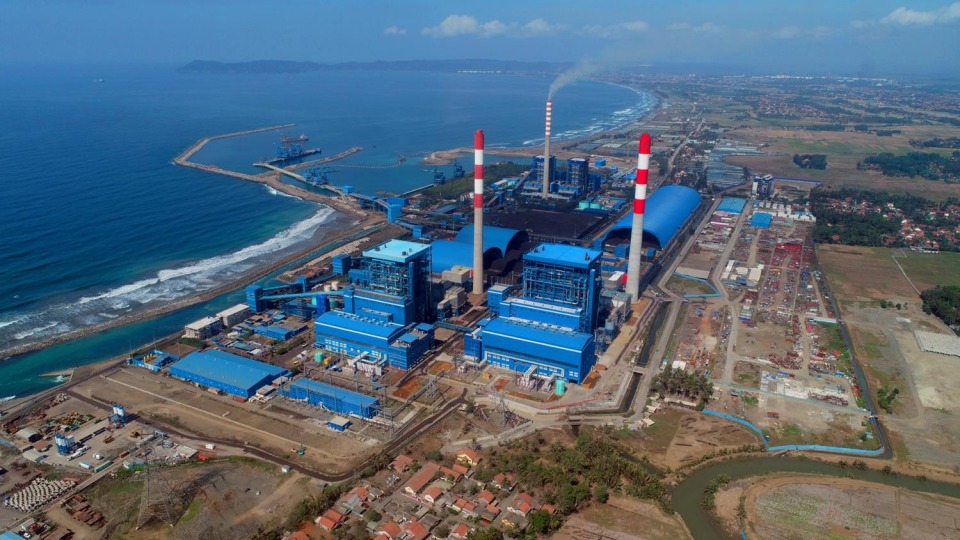Indonesia’s initiative to retire 6.7 gigawatts of coal-fired power plants by 2030 is facing delays as promised international funding has yet to materialize (17/11). A coalition of 10 donor nations under the Just Energy Transition Partnership (JETP) pledged $20 billion in 2022 to support the phase-out, but disbursal has been slow.
“We have not seen any commitment from anyone to finance the coal phase-out,” said Paul Butarbutar, head of the JETP Indonesia Secretariat, at the COP30 climate summit in Brazil.
Indonesia Struggles to Retire 6.7 GW of Coal Capacity
While the JETP Indonesia program has approved $2.85 billion in loans and equity, along with $186.9 million in grants for grids, renewables, efficiency, and electric transport, no funds have yet been allocated for retiring coal power plants. The program targets plants representing 13.5% of the country’s coal-fired power capacity.
The closure of the 660-megawatt Cirebon-1 power plant east of Jakarta has already faced delays after a funding deadline passed last year. About $2.56 billion managed by the Asian Development Bank under the Energy Transition Mechanism could help, but only half of that would be required to retire the plant.
Challenges in Securing Coal Retirement Finance
The 10 donor nations initially included the United States, the European Union, Japan, and others. The United States has since withdrawn from the initiative. Germany is now coordinating with Japan to identify “the most effective and politically feasible ways of reaching the JETP goals,” according to its press office.
JETP Indonesia entered its implementation phase in 2025, with over $6 billion in financing in progress. Donors have committed $19.53 billion of the original $20 billion pledge, but commitments have yet to convert into actual disbursals.
Exploring Alternatives to Coal-Fired Power
Butarbutar said the program is also exploring ways to replace retired coal capacity. “If it is solar, then where to put the power plant in Java? … And if you want to replace that with geothermal, who would be willing to pay for the initial cost?” he said, highlighting challenges in densely populated Java.
He emphasized that the struggle to phase out coal is not related to the U.S. withdrawal from the Indonesia JETP.
Wider Implications for Global Climate Finance
Indonesia’s situation underscores broader concerns among developing nations about international climate finance, which has often been slow to materialize. Similar JETP programs exist in South Africa and Vietnam, while global debates continue on fossil fuel subsidies and their role in poverty eradication.
PHOTO: KEMENTERIAN ESDM
This article was created with AI assistance.
Read More






 Wednesday, 25-02-26
Wednesday, 25-02-26







